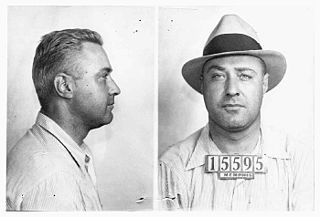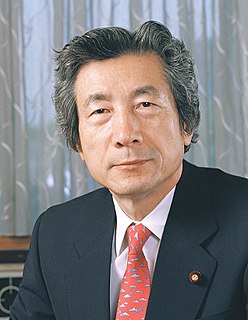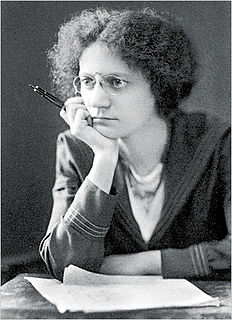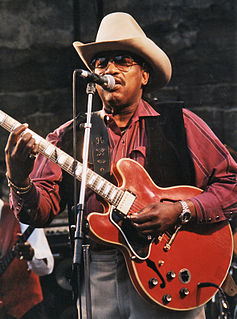A Quote by Charles Spurgeon
Where God takes such pains to teach, we ought to be at pains to learn.
Related Quotes
Kripke says that physicalists like me can't explain the 'apparent contingency' of mind-brain identities. He maintains that, if I really believed that pains are C-fibres, then I ought no longer to have any room for the thought that 'they' might come apart. His argument is that, since pains aren't identified via some contingent description, but in terms of how they feel, I have no good way of constructing a possible world, so to speak, where C-fibres are present yet pains absent.
Let us, at any rate, give heed to suffer joyfully the crosses that God sends us, because they all, if we are saved, will become for us eternal joys. When infirmities, pains, or any adversities afflict us, let us lift up our eyes to heaven and say, "One day all these pains will have an end, and after them I hope to enjoy God forever."
Suffering invites us to place our hurts in larger hands. In Christ we see God suffering – for us. And calling us to share in God’s suffering love for a hurting world. The small and even overpowering pains of our lives are intimately connected with the greater pains of Christ. Our daily sorrows are anchored in a greater sorrow and therefore a larger hope.


































